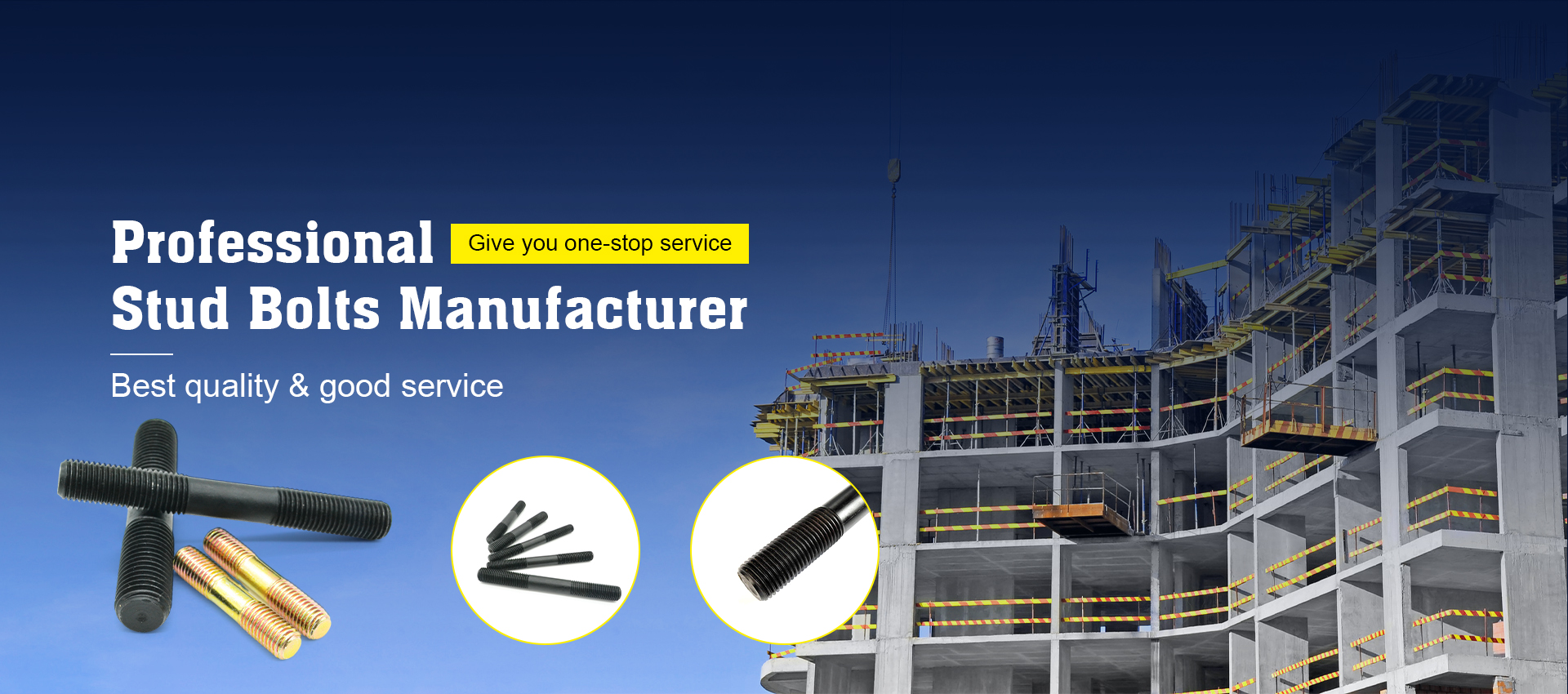best flat top bolts
Dec . 05, 2024 14:18 Back to list
best flat top bolts
The Best Flat Top Bolts A Comprehensive Guide
When it comes to construction, manufacturing, or various DIY projects, the choice of fasteners can significantly affect the integrity and durability of the assembly. Among these fasteners, flat top bolts stand out as an essential component due to their unique design and versatile applications. This article explores the various types of flat top bolts, their advantages, and considerations for choosing the best options available on the market.
What are Flat Top Bolts?
Flat top bolts, often referred to as flat head bolts, are characterized by a flat, smooth surface on the top, making them ideal for applications where a flush finish is required. This design allows the bolt head to sit flush with or below the surface of the material being fastened, reducing the risk of snagging or interference with other components. Flat top bolts can be made from various materials, including steel, stainless steel, brass, and plastic, making them suitable for a broad range of applications.
Types of Flat Top Bolts
1. Carriage Bolts These have a square neck that prevents rotation during installation. They're commonly used in wood and metal applications, providing a secure fastening option for structural assemblies.
2. Machine Bolts Often used with a nut, these bolts feature a flat head and are designed for metal-to-metal connections. They are available in various sizes and grades, offering strength and durability.
3. Socket Head Bolts With a cylindrical head and flat top, these bolts are designed for use with an Allen wrench. They provide a clean aesthetic and are perfect for applications where space is limited.
Advantages of Flat Top Bolts
1. Flush Finish One of the main advantages of flat top bolts is their flush finish. This makes them ideal for aesthetic applications where a smooth surface is required, such as in furniture and decorative construction.
2. Reduced Snag Risk Because they sit flush with the surface, flat top bolts reduce the likelihood of snagging on clothing or equipment, making them safer in environments where personnel may be in close proximity to machinery.
best flat top bolts

3. Versatility Flat top bolts can be used in various materials, including wood, metal, and plastic. Their adaptability makes them suitable for numerous applications, from automotive to furniture manufacturing and everything in between.
4. Strength and Stability Made from high-strength materials, many flat top bolts provide excellent tensile strength and stability, ensuring they can handle significant loads without bending or breaking.
Choosing the Best Flat Top Bolts
When selecting the best flat top bolts for your project, consider the following factors
- Material Choose a material that suits your application. Stainless steel is ideal for outdoor and marine environments due to its corrosion resistance, while carbon steel may suffice for indoor applications.
- Size and Length Ensure that the bolts you choose are appropriate for the thickness of the materials being fastened together. Measure carefully to avoid weak connections.
- Grade and Strength Check the grade of the bolts. Higher grades indicate stronger materials and better performance under stress.
- Coating Some flat top bolts come with protective coatings that enhance their longevity and resistance to corrosion. If your project will be exposed to harsh conditions, consider these options.
- Availability and Cost Lastly, take into account the availability of the bolts and your budget. Sometimes, it may be worth investing in higher-quality bolts to ensure the safety and durability of your project.
Conclusion
Flat top bolts are a crucial element in the world of fasteners, offering a blend of aesthetics, functionality, and strength. By understanding their types, advantages, and factors to consider while selecting them, you can make an informed decision that ensures the success of your projects—be it a large construction endeavor or a simple DIY task. As always, prioritize quality and compatibility to achieve the best results possible.
Latest news
-
High-Quality Panel Stud Bolt Reliable Panel Stud Bolt Factory & Suppliers
NewsJul.08,2025
-
High-Precision Fine Thread Locknuts Manufacturer & Supplier Custom Solutions
NewsJul.08,2025
-
PH Imperial Stud Bolt – High Strength Fasteners from Leading Supplier & Factory
NewsJul.07,2025
-
High-Quality Allen Wrench Bolts Leading Factory, Company & Suppliers
NewsJul.07,2025
-
Wholesale Ball Stud Bolt - High Quality Supplier & Factory Price Reliable Wholesale Ball Stud Bolt Company
NewsJul.06,2025
-
High-Strength Alloy Bolts Manufacturer & Supplier Quality Alloy Fasteners Factory
NewsJul.06,2025
